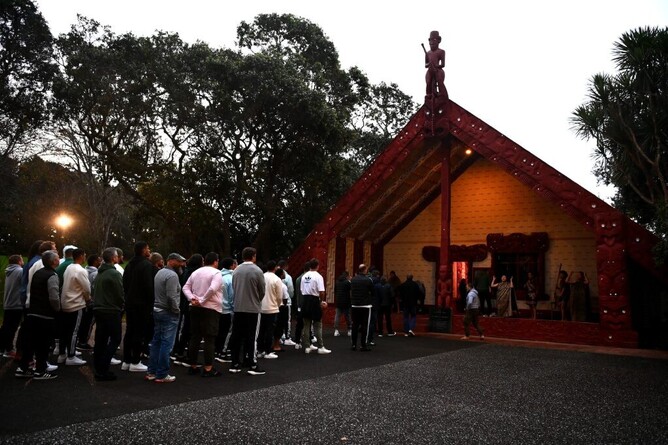between appropriation and respect
How are Māori supposed to respond to the misuse and appropriation of tikanga? Kim Mcbreen on “fauxwhiri” and other cultural insults.
Before 9am on the first day, 20 or so of us arrive in ones and twos and gather in the carpark at the house. We’re here for a 10-day course at a Pākehā organisation. We mill around, self-consciously introducing ourselves, hands outstretched. “Kia ora, I’m Kim.” More than half of us are from overseas, only a few from New Zealand, and only two of us are Māori.
Nine o’clock comes and goes. I don’t know the tikanga — should we go in? A guy comes out of the house, smiling. “Hello! Hi!” Doing the rounds. We still stand outside, and no invitation in.
More minutes pass, then Smiling Guy shoos us off back down the driveway and out to the road. He walks with us, and then we all stand self-consciously there. Are we going to be called on, I wonder. No one I’ve seen so far looks Māori, not that that means anything.
Link to article: There's a fine line between appropriation and respect - E-Tangata




